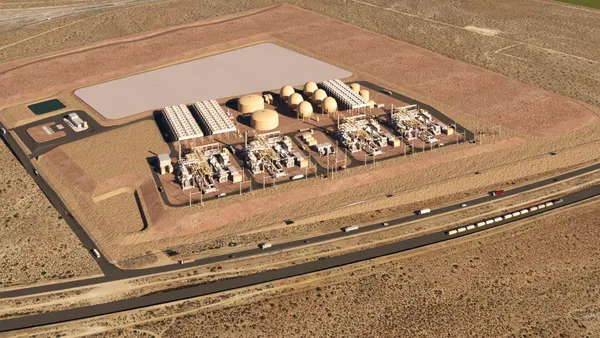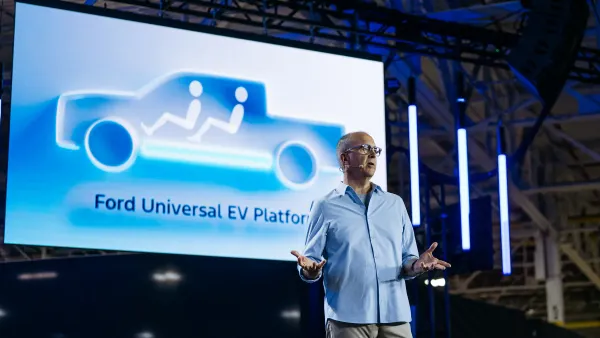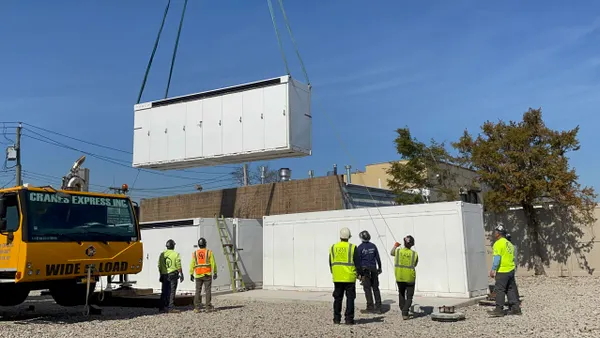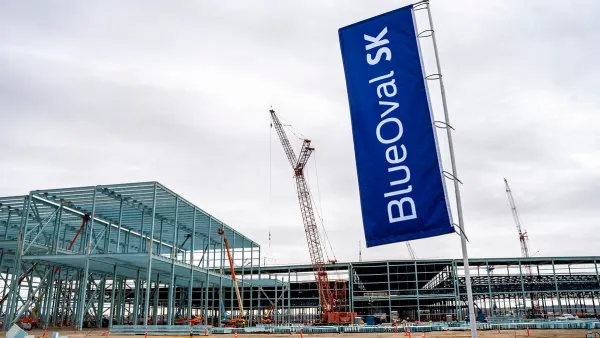Dive Brief:
- Canadian energy storage company Zinc8 Energy Solutions last week announced plans to deploy a 100kW/1.5MWh battery storage system at an apartment building in Queens, New York, to demonstrate the potential of its long-duration zinc-air storage technology.
- Zinc8 specializes in a flow battery technology that relies on regenerating zinc particles to store and dispatch energy. The technology has fewer supply chain concerns than lithium-ion batteries, the company said, and is also scalable at a lower cost than other long-duration technologies.
- The Queens project — developed in partnership with New York-based combined heat and power developer Digital Energy Corp and real estate company Fresh Meadows Community Apartments — will see Zinc8 deploy a battery capable of at least eight hours of storage at the 32-building housing development. The battery will draw power from on-site solar and the combined heat and power system and deploy it in order to minimize drawing power from the grid at peak times during the day.
Dive Insight:
The Fresh Meadows demonstration project comes amid a flurry of interest in long-duration storage technology. As utilities, businesses and energy providers ramp up renewable energy production, long-duration storage will be necessary to weather the day-to-day and seasonal variability that impacts wind and solar power. Investors have put money into emerging solutions like Form Energy’s iron-air battery, Energy Vault’s gravity-based technology and Hydrostor’s compressed air storage.
Zinc8 President and CEO Ron MacDonald said the Queens project, backed by the New York State Energy Research and Development Authority (NYSERDA), is more "validation" of the value of long-duration storage. Zinc8 has several other demonstration projects in New York, but this behind-the-meter project, MacDonald said, will show that the zinc-air system can work for buildings without the safety concerns that accompany lithium-ion batteries.
"You could safely deploy us in the basement of a downtown high rise or a school or a library," Macdonald said.
The proprietary flow battery technology uses power from the grid or a renewable source to generate zinc particles, releasing oxygen as a byproduct. Those flow to an electrolyte for storage and are then returned and recombined with oxygen to deliver power. The company says it can deploy at about $250/kWh for eight hours of storage, which drops to about $100/kWh for 30 hours. The system is also scalable without sacrificing power, unike some other long-duration batteries, MacDonald said.
Under the deal with Fresh Meadows Apartments, Zinc8 will also look to make its case as a storage solution for other large buildings required to decarbonize under New York City’s landmark 2019 sustainable buildings law. The company previously signed an agreement with the New York Power Authority for a 100kW/1MWh demonstration project at the University at Buffalo and was selected for the Rocky Mountain Institute’s accelerator program, which offers a seed investment and technical assistance for tech startups fighting climate change.
Long-duration storage providers have ramped up their advocacy, especially as states have increased their storage goals. A coalition of companies ,including Siemens Energy, ESS and bp, banded together at the COP26 summit in 2021 to build policy support for the technology. Separately, several battery companies have joined with the International Zinc Association to form the Zinc Battery Initiative to promote the technology’s potential.
"We think we are on the leading edge of this storage story as a new technology," MacDonald said. "The long-duration storage market is galloping ahead. Up until three years ago, nobody talked about this because there was no technology that could handle more than six hours of storage. Now the market is just becoming bigger and bigger."













